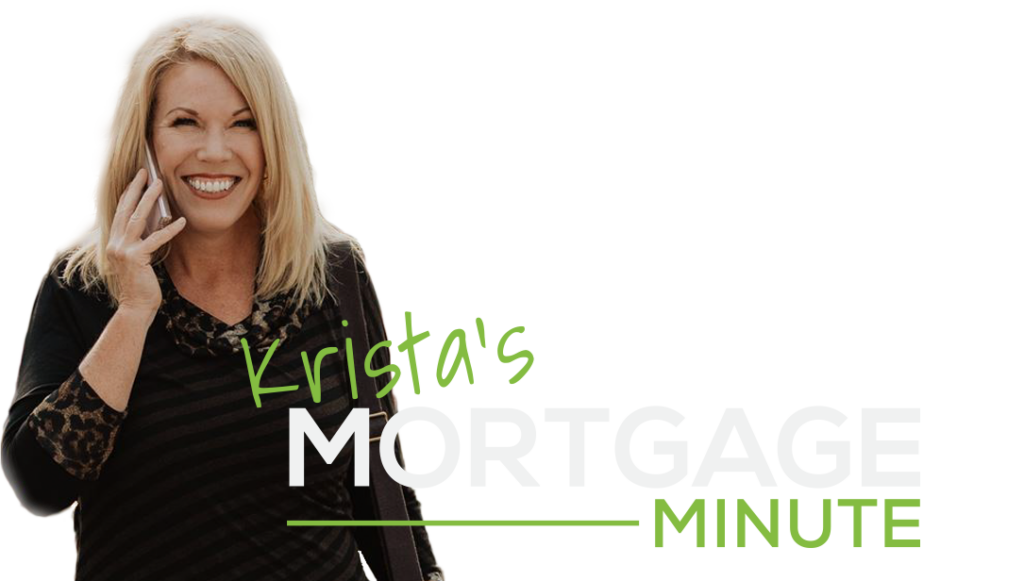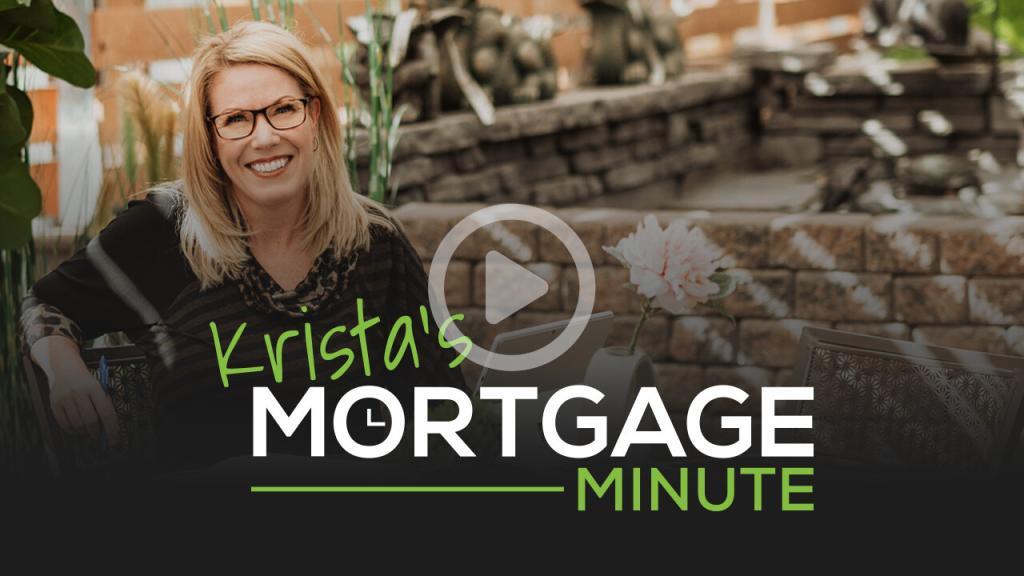Divorces are difficult for so many reasons. Whether the reason was simply that the couple grew apart or if there are issues of infidelity or abuse, every divorce comes with a heaping side-helping of confusion, insecurity, fear, betrayal and sadness. As you start to work through the emotions, another problem comes to light – money.
Couples, even ones that maintain separate bank accounts, will amass some assets together and the biggest asset is the house. Both mortgagees must decide if they will sell the home or if one will remain in it. If one spouse is staying, the other must be bought out.
Why Should You Buy Out Your Spouse?
When you buy out your spouse they relinquish their financial claim on the property, receiving, instead, cash compensation. This relieves the person leaving the home from being responsible for half of the mortgage, taxes and utility payments, and relieves the person staying in the home from continuing to be financially entwined with their ex-partner. If you, as a couple, do not properly wrap up your financial situation, you will have a very difficult time getting a new mortgage or refinancing your existing one. It is not the lender’s job to sympathize with why the divorce took place. It is their job to ensure you can pay your mortgage and other debts.
Tips for an Efficient Buyout
First determine if a buyout is possible. If you have consolidated debt to the house, are upside down on your mortgage, or neither of you can afford to make the mortgage payment on your own (bear in mind that you may need a loan or consolidation to buy out your partner), it may be better to sell the home and split the proceeds. This can be tricky if all the proceeds will be wiped out to pay off your debts, but at least you both can start over debt free.
If a buyout is an option, get the professionals involved. Don’t simply guess the value of your home. Have it appraised by a realtor. Have a lawyer draft the buyout documents and ensure your ex-spouse releases their dower rights (the rights both spouses have in the habitation or sale of the property). Talk to a mortgage specialist or broker. The one staying needs to get the best refinance rate possible and the one going needs to know their housing options going forward. Many divorcees, for example, opt for a condo so they can continue to build equity but have a lower mortgage. Having professionals involved helps lessen the emotional impact.
Keep the emotion out of it. This is the most difficult step, especially if you are feeling hurt or betrayed by the divorce. As tempting as it is to try and “stick it to them” by delaying the buyout proceedings, stopping mortgage and bill payments or trying to take more than your fair share of the equity, all you’ll wind up doing is delaying the emotional healing process and creating financial – and possibly legal – problems for yourself down the road. Also remember, your home is an asset. Yes, it’s an asset where many memories were made, but you can take those memories with you. Don’t cling to the home if it’s in your (and/or your children’s) best interest to give it up.
Divorces are difficult for all involved but as a partner with a joint mortgage, know that you have rights to the equity in your home. Also know that you don’t have to figure out all the details alone. There are many professionals that will help you get through the buyout process so you come away from the divorce with enough dignity and financial support to start the next phase of your life.
















